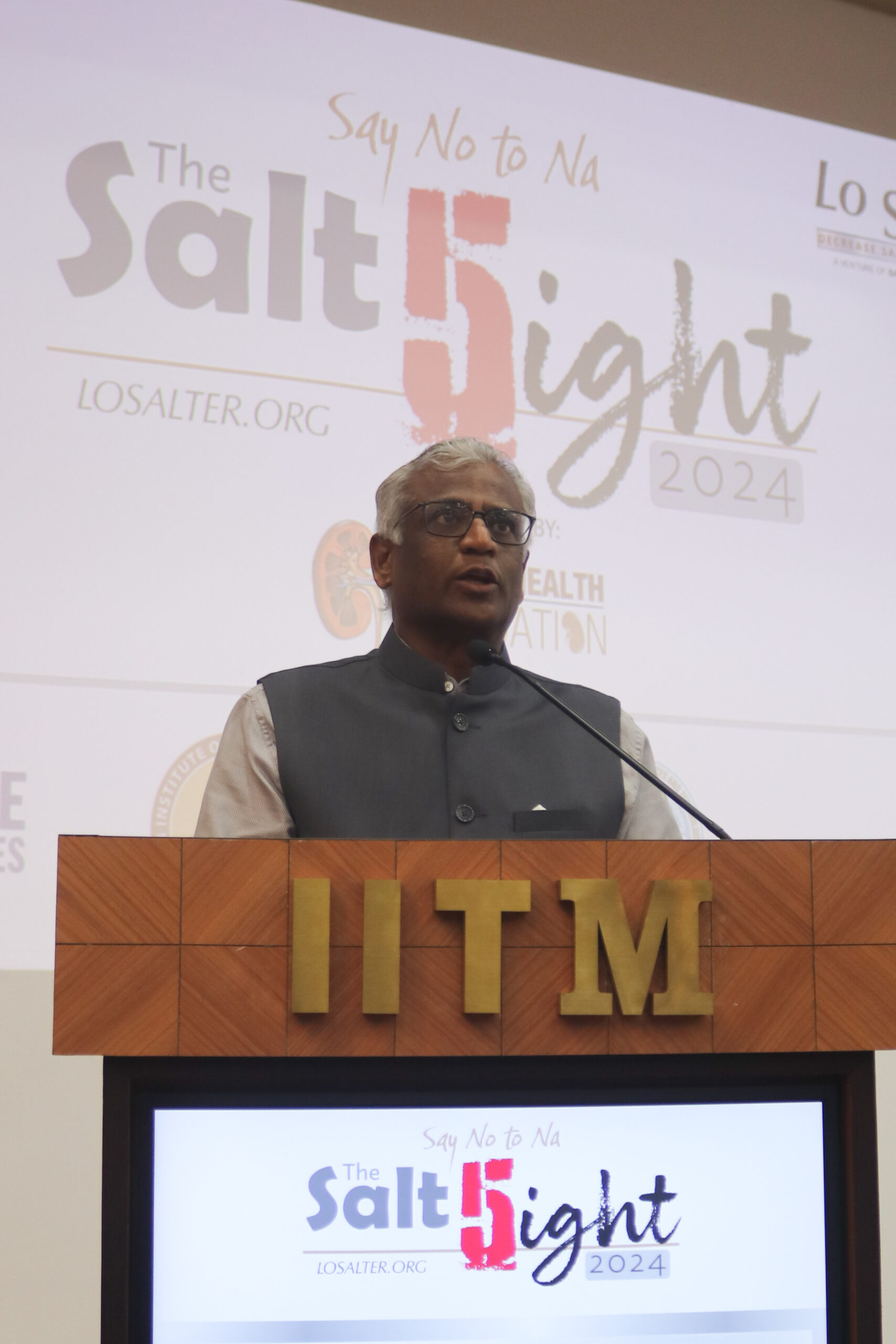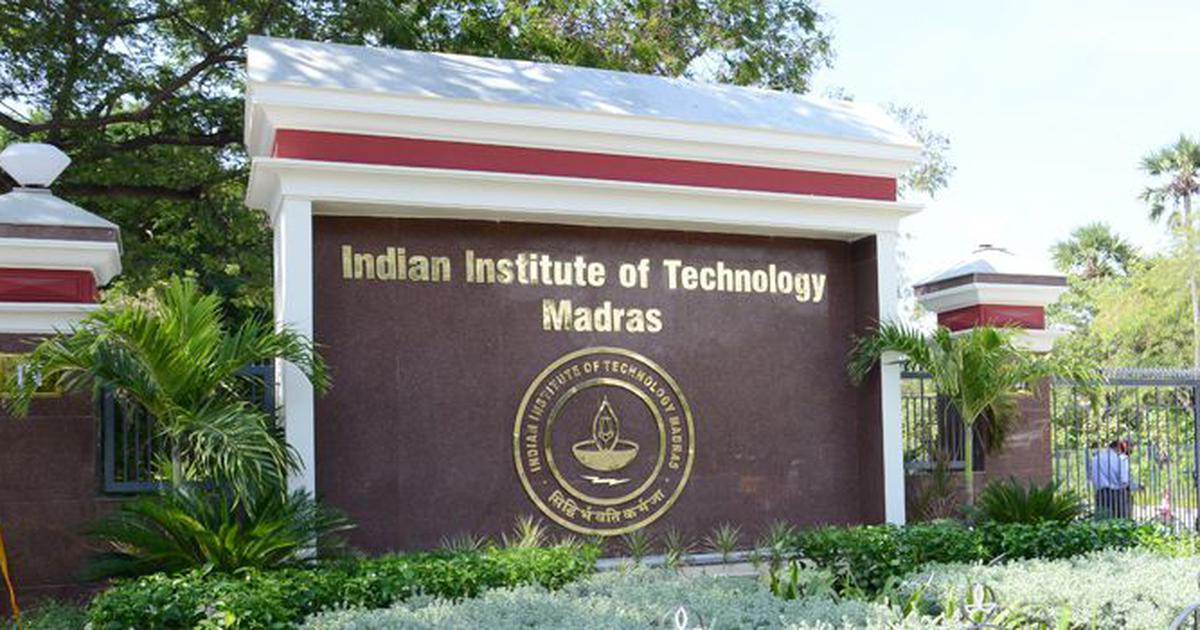Reducing salt in-take is among the most cost-effective strategies in combating non communicable diseases, said Dr. T S Selva Vinayagam, Director, Public Health and Preventive Medicine, Government of Tamil Nadu at a workshop held on capacity building for medical professionals and physicians in salt reduction and low-salt substitutes by the Sapiens Health Foundation and Department of Medical Sciences and Technology, IIT Madras.
“Even though it might seem as a simple thing. A global document and strategy that states if you are able to reduce current salt consumption by 30 per cent, there will be a reduction of at least 25 per cent prevalence in hypertension,” he said.
Emphasizing the TN Government’s commitment to preventing non-communicable diseases, Dr Selva Vinayagam said thatthat non-communicable diseases accounts for nearly 65 per cent of the fatalities/mortalities.
“To address this epidemic, we need to address the ‘risk factors’ which are modifiable such as salt, sugar and related items. Unless we address these factors, it would not be sustainable for any country to manage the complications due to NCD.”
Dr Rajan Ravichandran, Chairman of the Sapiens Health Foundation and Professor of Practice at IIT Madras, underscored the importance of labelling and statutory guidelines on salt/sodium contents in packaged foods, a key area of focus for all the stakeholders involved.
Experts also deliberated on the consumption of processed food increasing due to lifestyle modifications and an instant attraction to fast foods leading to over consumption that results in complications like mortalities.
“The industry is searching for a new customer through children. We need to break this down at different levels to bring down the NCD Problem. We have more ultra high-density products that are available resulting in children getting addicted due to the easy availability and convenience. This we need to address through people like you (Doctors).”
Dr. T S Selva Vinayagam, Director, Public Health and Preventive Medicine, Government of Tamil Nadu
“The industry is searching for a new customer through children. We need to break this down at different levels to bring down the NCD Problem. We have more ultra high-density products that are available resulting in children getting addicted due to the easy availability and convenience. This we need to address through people like you (Doctors),” Dr. Selva Vinayagam pointed out. venting mortality, complications and prolonging the healthy years.”
Prof. V. Kamakoti, Director, IIT Madras, who lauded the Sapiens Health Foundation’s efforts in spreading awareness on reducing salt in food, said, “Health is wealth. Public awareness about good practices in food preparation and consumption is a must. I immensely commend Sapiens Health Foundation and Department of Medical Sciences and Technology for this effort.”
Dr. Amit Shah, Director, Resolve to Save Lives (RTSL), India, highlighted the global movement for reduced salt intake, which has gained momentum, and appealed to the medical fraternity to prioritise salt intake when treating patients.
The discussion also focused on the role and availability of cost-effective low salt substitutes. The importance of creating awareness in the population, the need for food industries to reformulate low sodium products, and governmental policies on taxation on high-salted items and food labelling for salt were key subjects. The workshop’s outcomes, including the suggested low-salt recipes, are crucial for the audience to stay informed and aware of the ongoing efforts in salt reduction.



